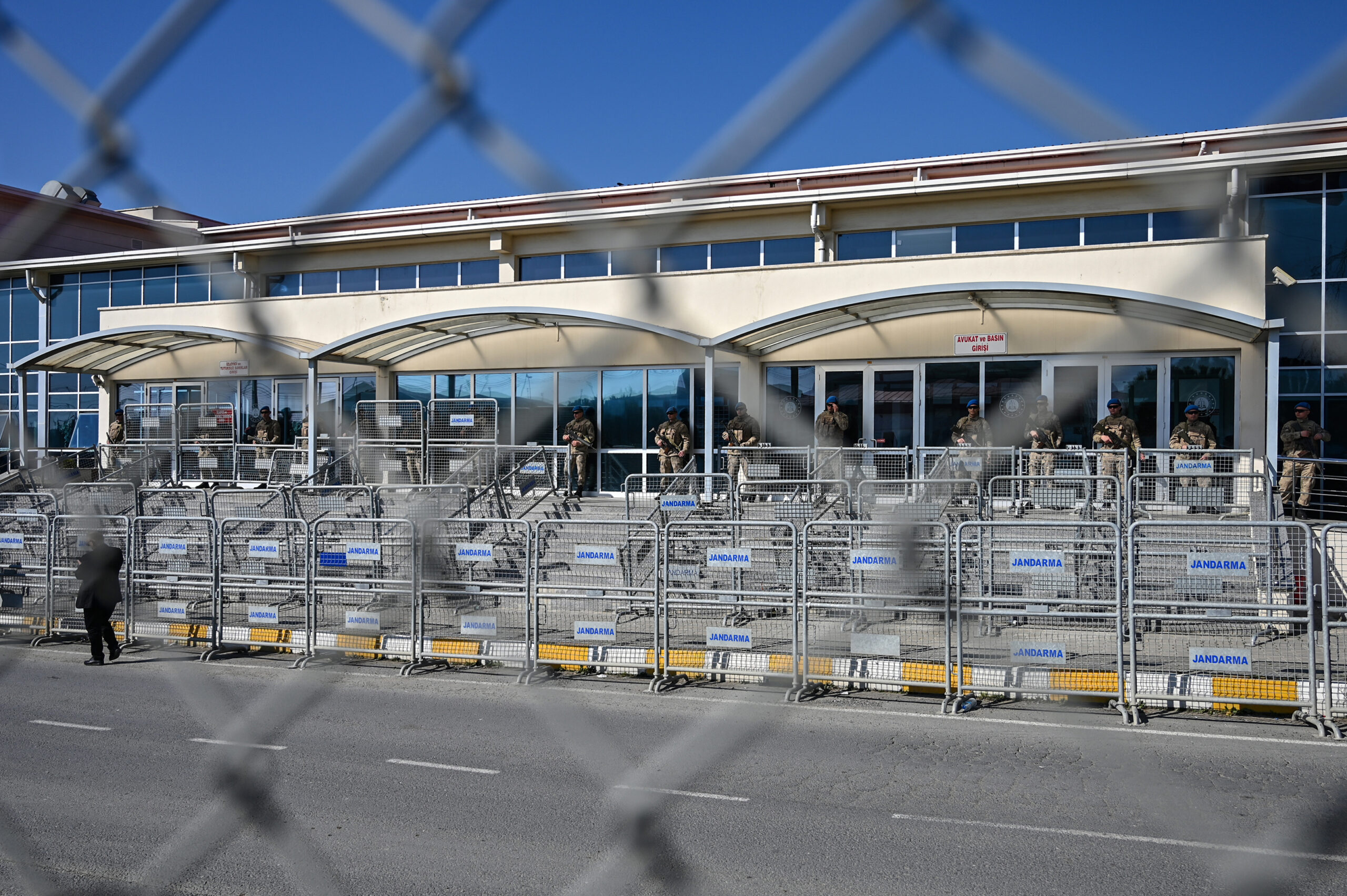Journalists, Gülen movement followers and Kurds who are imprisoned in Turkey on politically motivated charges are now faced with a new challenge as authorities refuse to release them despite having served the required amount of time behind bars. The Human Rights Association (İHD) says they have been taken hostage.
On Jan. 13 Human Rights Watch in the Turkey section of its World Report 2021 said, “Alongside prominent figures held for years in arbitrary detention are thousands of people also held on bogus terrorism charges for alleged links with the Fethullah Gülen movement, which Turkey deems a terrorist organization.” The Turkish government accuses the Gülen movement of orchestrating a failed military putsch in July 2016, although the group denies any involvement. Tens of thousands of its alleged followers or sympathizers have been sentenced to lengthy prison terms since July 2016, some of whom are now being denied their right to parole.
One of these is journalist Habip Güler, who was arrested in 2016 and spent 50 months in prison. Although he was entitled to release on probation, he was not freed until Sept. 9. He was kept in prison for an extra five months with no justification.
Some have found themselves in a worse situation, such as journalist Hanım Büşra Erdal, who has yet to be released despite becoming eligible for parole in March 2020. Her sentence, which was handed down by a court of first instance, is still pending before the Supreme Court of Appeals, and authorities have based their refusal to release her on the basis that the top appeals court has not yet delivered its judgment on her case, despite the fact that Erdal would still be eligible for parole even if her sentence were upheld. In the past Erdal’s reporting had drawn the ire of military generals and President Recep Tayyip Erdoğan.
Journalists Güler and Erdal were arrested for having worked at the Gülen-affiliated Zaman newspaper. More than 10 journalists find themselves in a similar situation.
MP Gergerlioğlu: Sentences are being prolonged
Ömer Faruk Gergerlioğlu, a deputy from the Peoples’ Democratic Party (HDP) and a prominent human rights defender, says the Supreme Court of Appeals has adopted a policy of keeping political prisoners behind bars by delaying a review of their appeals. Gergerlioğlu has raised the issue on Twitter.
Mehmet Kaptan, the relative of a prisoner who responded to Gergerlioğlu’s tweet, wrote that his son has been held in prison for 44 months while his appeal has been pending for 18 months. “He was supposed to be granted parole, but that hasn’t happened,” Kaptan said.
Another user, Elif Tuna, brought up the case of a prisoner named Hamza Demircan, who she said served more time than his sentence called for, because of a failure on the part of the Supreme Court of Appeals to render a decision.
Similar situations can also be observed in the cases of people locked up on account of their alleged ties to Kurdish political groups.
New regulation for political prisoners
Merve Nur İşleyici, Didar Bozan and Ceylan Bozkurt are three Kurdish women who have been held in Şakran Prison in the western province of İzmir since 2016. They became eligible for parole in January. However, the authorities declined to release them due to a new regulation that makes it necessary for prison administrations to be convinced that the convicts are “repentant for their crimes” before they can benefit from parole.
Normally, all prisoners in Turkey spend the last year of their prison sentence outside on probation. Under the new regulation prisoners will not be released unless they are able to convince the prison administrations that they regret their crimes.
İHD İzmir executive Zafer İncin said the regulation allows the government to take political prisoners hostage.
“The new regulation brings with it arbitrary rights violations as prison administrations exert pressure on prisoners, coercing them to express regret,” İncin said.



